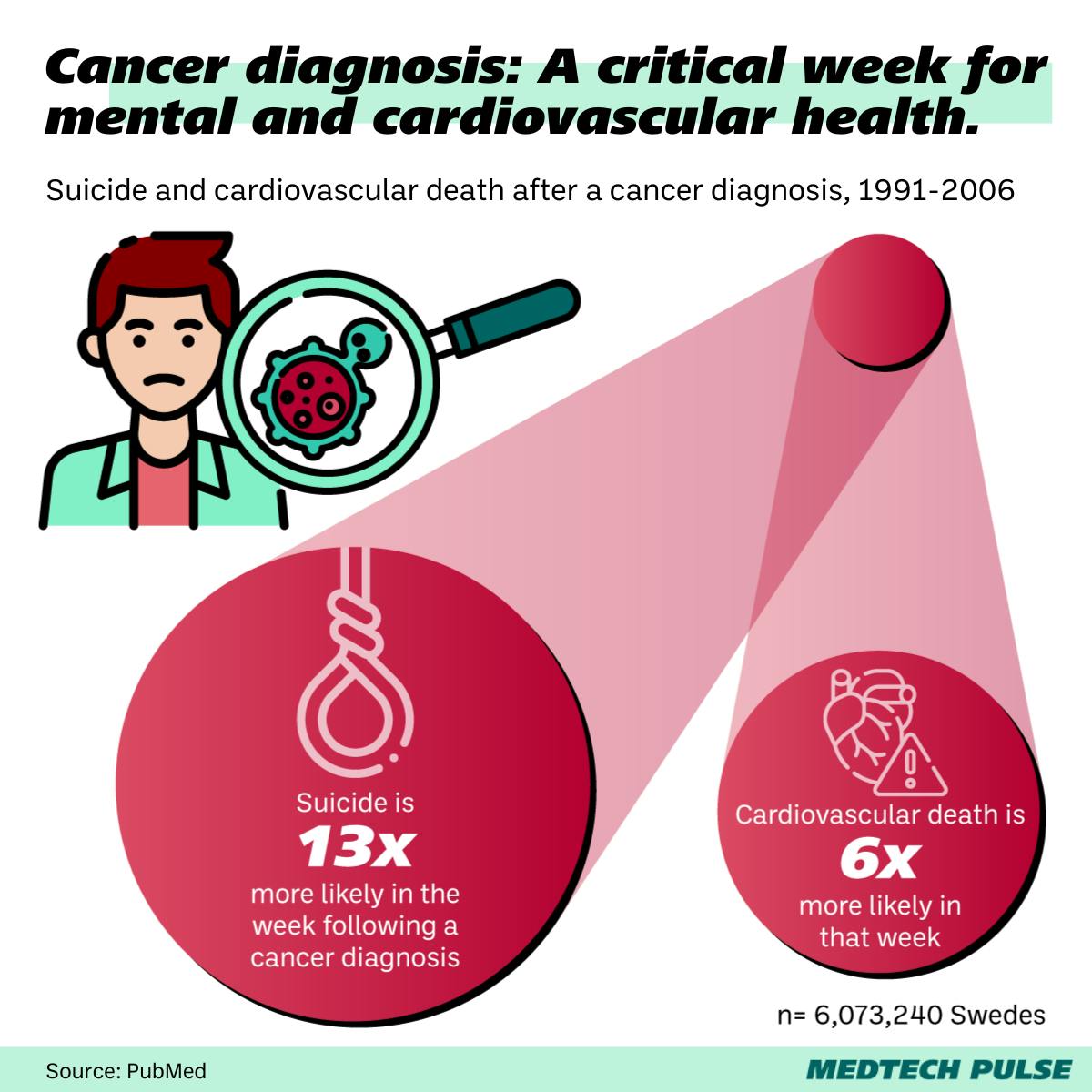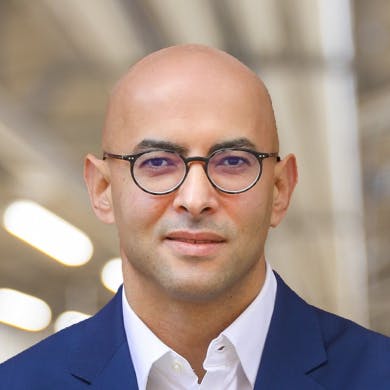Thoughts on medtech niches
I was reading a recent feature article about the incidence of depression among cancer patients.
The statistics, and the stories behind them, paint a stark picture of an unmet need.
- One third cancer patients suffer from depression, many undiagnosed.
- People have a 13x higher likelihood of suicide in the week after a cancer diagnosis.

While it’s easy to feel despair in the face of such an awful comorbidity, it struck me that they also serve as an important, heartening reminder. This is exactly why we need medtech.
Medtech thrives in the overlap. That includes comorbidities.
We hear this advice from our Pulse Check interviewees over and over: When starting a business venture in a competitive space like ours, you need to know exactly who your product is for and why they need what they need.
In other words, you need a clearly defined niche. Comorbidities can be seen as niches.
For instance, a startup like OncoveryCare isn’t just a care navigation product or a cancer product. It’s a mental health and care navigation product for the cancer space—and, even more specifically, the cancer survivorship space. Now that’s a niche.
Patients need to feel specifically heard and understood to trust the product—as do clinicians. Speaking directly to the subset of people managing a complex diagnosis or specific stage of a condition helps build that trust.
A brief counterpoint: Niching isn’t absolutely necessary.
Medtech is also full of successful general products with broad applicability. An inexhaustive list:
- The stethoscope
- Telehealth
- Hypodermic needles
- Sutures
But here again we have a reason for niching. When you’re creating something new, it’s much easier to iterate on something that already exists. After all, that’s why the FDA’s 510(k) clearance exists. If you create a bit of variation, that just helps an already-trusted product find new life in a more specific field.
Creativity is our strong suit in medtech. Comorbidities are a challenge, but we’re the ones tackling them, so no patient gets left behind.
